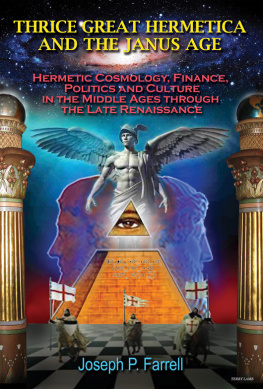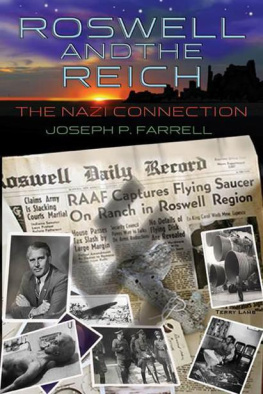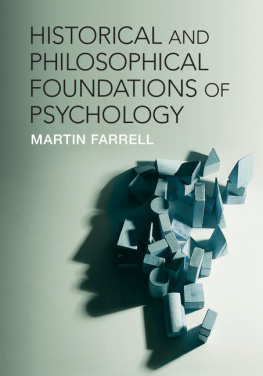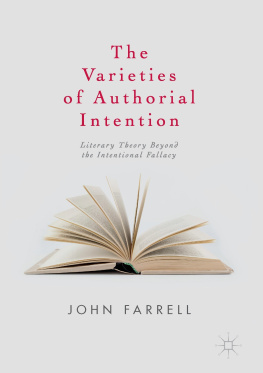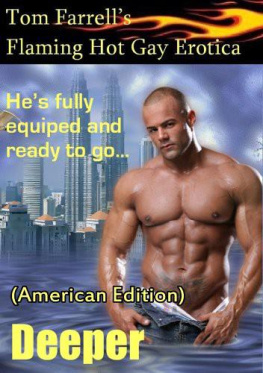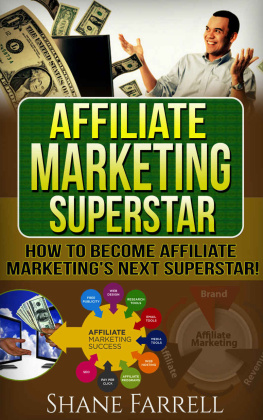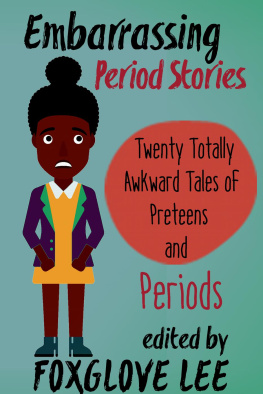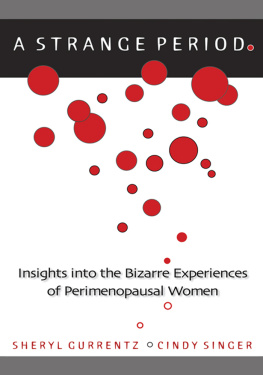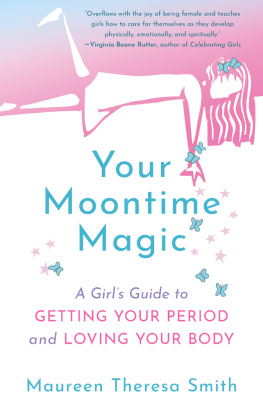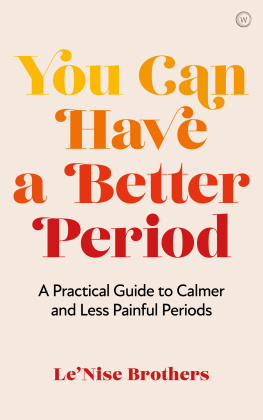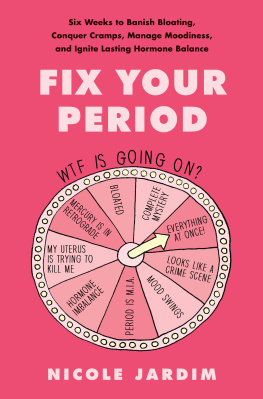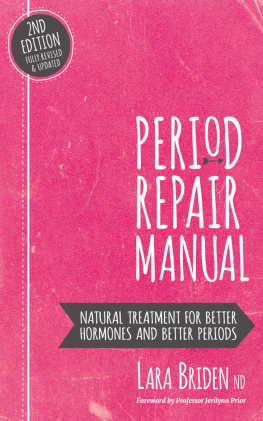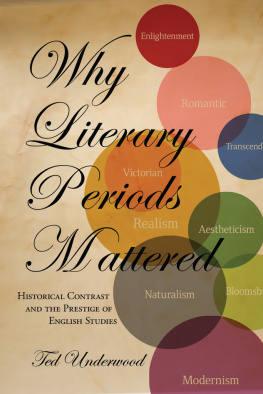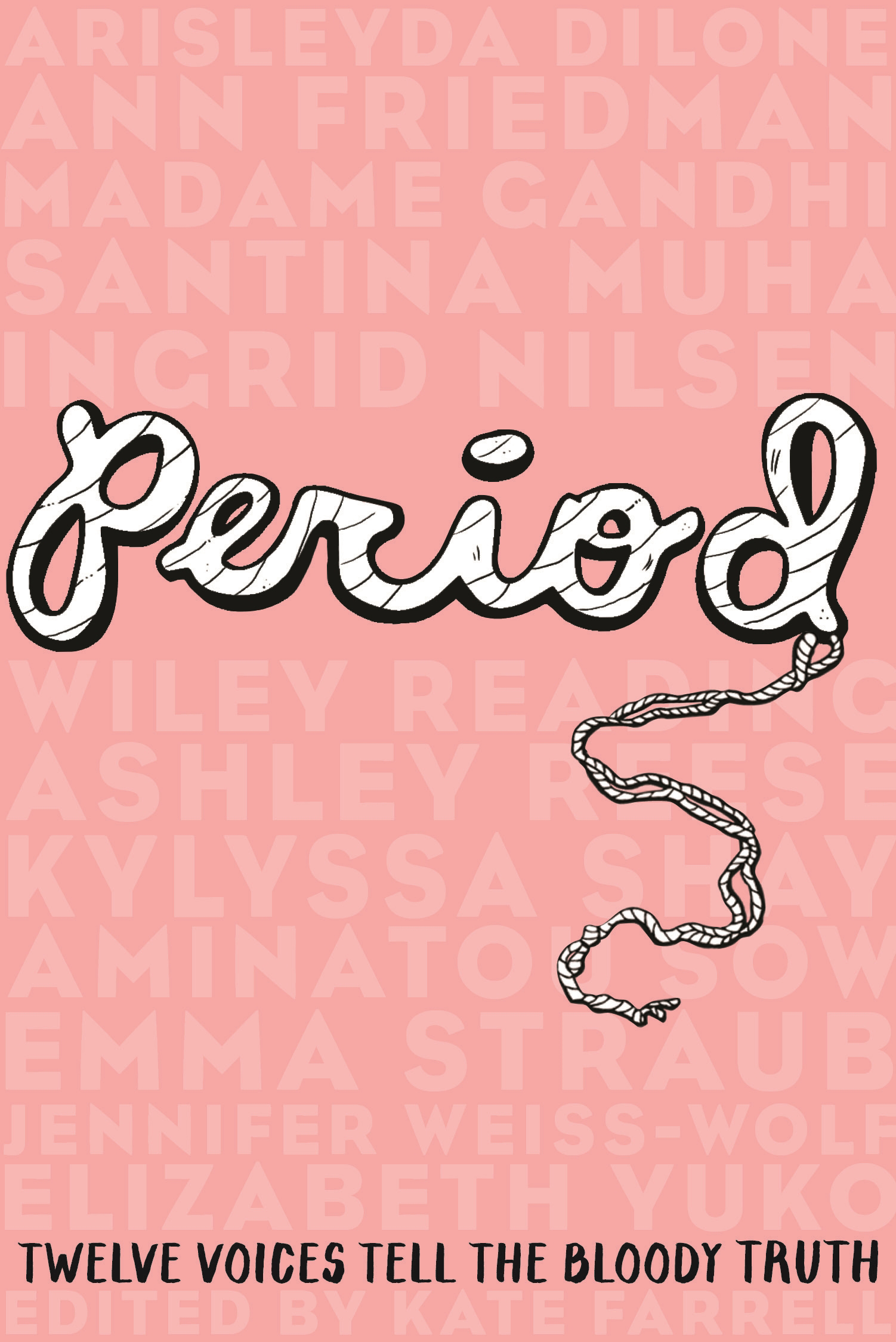Contents
Guide
Pagebreaks of the print version

The author and publisher have provided this e-book to you for your personal use only. You may not make this e-book publicly available in any way. Copyright infringement is against the law. If you believe the copy of this e-book you are reading infringes on the authors copyright, please notify the publisher at: us.macmillanusa.com/piracy.
I first got my period when I was twelve the day my father died
at least I knew what it was, some girls didnt then
we were told you cant go swimming but dont you wanna have children
so much for confessionalism
I wont call on the moon like in a real poem
or anthropology or the bible or talk about being untouchable
or power etc. Ive nothing at all to say but to exercise
my freedom to speak about everything
BERNADETTE MAYER
This book grew out of a conversation. We were about half a dozen people in a room, of all different ages and backgrounds and life experiences, but we were all people whose lives were impacted by periods, and we shared an overwhelming desire to talk about them. We were sick of pretending periods didnt happen, and we were excited by the increase in open discussion on the subject.
Periods are in the news and on podcasts and all over the Internet. Movements are growing to repeal state luxury taxes on menstrual products, and to provide supplies for menstruating people who cant access them reliably, both here in the United States and across the globe.
Pop culture is increasingly referencing periods. On BuzzFeed alone, you can read about 9 Types of Periods Anyone Whos Had a Period Will Recognize, or check out 37 Period Memes to Make You Laugh While Losing Ounces of Your Own Blood. And there is a BuzzFeed Period Quiz, of course. I took it and I only got 11 out of 17 right. But here I am writing an introduction to a book about periods! Its a big subject and we can all keep learning, no matter how much period experience weve had.
If I do some rough calculations and subtract the months that pregnancy and breastfeeding gave me a break from them, I have had at least 432 periods in my life. And it is only very recently that Ive begun to feel some lifting of the culture of secrecy and shame surrounding them.
When I was thirteen, my mother had to have a private word with me about getting blood on the toilet seat. I said that there was no way in the world that could possibly have been me. I would never do such a thing. But she knew, somehow, that I had done it, and she even knew how. She said that I must have been letting my tampons thunk against the seat when I took them out. Oh, I wanted to die, because that was exactly what I did. I wanted to see what was on them, so I could know how bad it was, how messy and how much. I felt so ashamed. My sloppy, bloody, grotesque ways had been noticed, pointed out, and condemned. I know my family wasnt trying to shame me. They were just in the camp of Lets Not Have Blood or Other Bodily Fluids on the Toilet Seat We All Have to Share. Im in that camp, too! But I had already been infected by the larger culture of period shaming. I was mortified that Id left a trace of my blood somewhere for other people to see. I felt that there was basically nothing more disgusting I could have done. To this day, four-hundred-plus periods later and counting, I still think about this every time I change a tampon.
The shame surrounding periods is not just old-fashioned, it is damaging. Menstruation stigma is a global human rights issue. When people who menstruate dont have the means to safely manage their periods, when they dont have access to supplies, or to bathrooms where they feel safe, they miss out on education and the opportunities it leads to. All societies suffer when half their populations have their educational and economic potential cut short.
We have gathered twelve voices in this book, speaking out on the subject of periods from varied points of view. Arisleyda Dilone writes about the period that never came, and how she has grown to embrace her intersex body and identity. Ann Friedman and Aminatou Sow have the kind of back-and-forth about periods that only two of the smartest, funniest, wisest, and most wonderful best friends could have. Madame Gandhi shares the experience of, and motivations behind, her headline-making free-bleeding London Marathon. Santina Muha tells us what is different, and not different, about coping with a period when youre in a wheelchair. Ingrid Nilsen writes about a trio of period firsts. Wiley Reading helps us understand that men can have periods, too. Ashley Reese writes about the extra layers of difficulty periods can bring for black girls. Kylyssa Shay shows us the reality of coping with periods for homeless people, and shares some ways we might help. Emma Straub describes living for years with the kind of period that means never being too far from a bathroom, ever. Jennifer Weiss-Wolf writes about the politics of periods, and tells us how we can all seize this moment to fight for menstrual equity. And Elizabeth Yuko looks at the progress we have made through the lens of pop culture. These twelve voices each bring a unique perspective to the subject of periods, and all their pieces are illuminating. I hope that readers will find, as all of us who have worked on this project together have found, some parts of this book to recognize and identify with, and other parts that are new and enlightening. Each of these writers has inspired us, and we hope they will inspire you, too. In seeking out contributors on this subject, we have tried to cover as many different perspectives as possible, within the limited scope of twelve voices. We could have twelve-hundred voices, and we still wouldnt cover the many different ways that periods affect people. But we hope this book will be part of a liberating and ongoing conversation.
Kate Farrell
I am a woman with male chromosomes. This means I never developed breasts or experienced menstruation but nonetheless I was raised as a woman.
Nothing about my appearance ever led others to believe that I was anything but a girl.
As a child, my personality seemed unique only when I compared myself to the girls in my family. Unlike my sisters, I was a proud marimacho who loved sports, was obsessed with The Simpsons , and would find any reason to stay in school longer. By middle school, my womanhood was a playful deceit propped up by benign teenage lies. I would pretend to have my period so I could skip math class and stare aimlessly out the bathroom window. I knew plenty of girls who lied about getting their period. Sitting in the stall, I would think about bleeding and what it would feel like. While my classmates awaited their periods, I remembered my first encounter with menstruation.
When I was nine, one of my older sisters, Nana, got her period. When Nana and our eldest sister, Rosa, locked themselves in the bathroom, I banged on the door, demanding to know what was happening. Rosa opened the door and proudly announced, Nana is a woman now. Nana was ten. She showed me some underwear and the bathroom was smelly. I thought the whole situation was gross and I walked away, shaking my head, saying to myself, That is definitely not happening to me. And it never did.
It wasnt until my ninth-grade biology class that I began to pay more attention to lessons about female puberty. A very pregnant Mrs. Cox lit up her overhead projector and began a lesson on the menstrual cycle.


